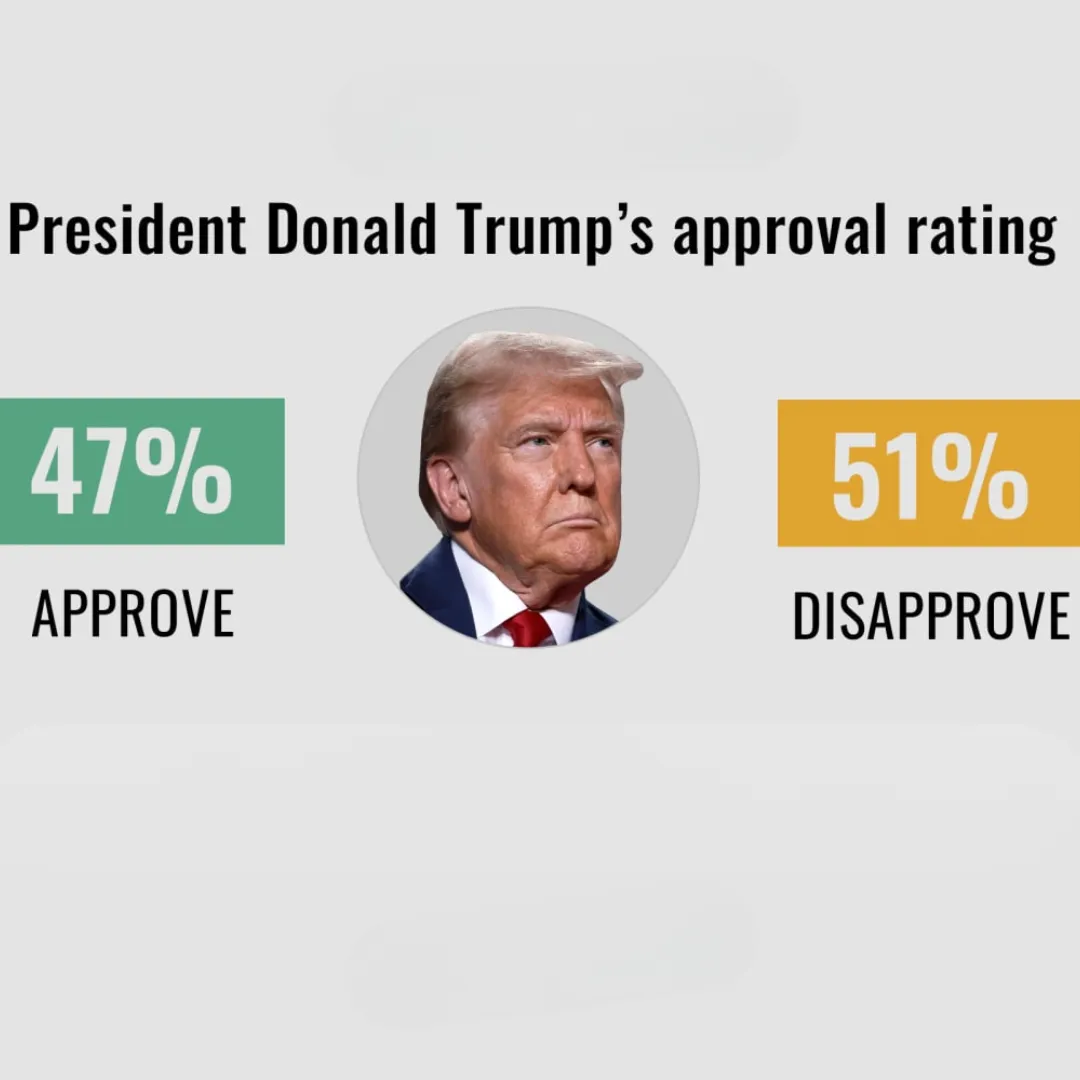
Greenland’s Prime Minister Jens-Frederik Nielsen has strongly rejected the United States’ repeated interest in acquiring the semi-autonomous territory, describing the U.S. officials’ remarks as “not respectful” and underlining that Greenland is “not for sale.”
His comments come amid growing tensions and diplomatic disputes with the Trump administration, which has long expressed interest in purchasing the strategic island, particularly due to its geopolitical significance in the Arctic region.
The comments, made at a press conference in Copenhagen alongside Danish Prime Minister Mette Frederiksen, have raised the stakes in the ongoing debate between the U.S. and Denmark regarding the future of Greenland.
Nielsen’s remarks were particularly pointed, as he asserted that Greenland, a territory that has been a part of the Kingdom of Denmark for centuries, will “never, ever be a piece of property that can be bought by just anyone.”
His defiant stance echoes the growing concerns in Denmark and Greenland over the Trump administration’s approach to foreign relations and its tendency to treat global assets as commodities.
“The talks from the United States have not been respectful,” Nielsen said, emphasizing the way the U.S. has handled the issue, both in public discourse and in its dealings with Denmark. His comments underline the frustration in Greenland, where many residents and officials see the U.S. interest as an affront to their sovereignty.
"The words used have not been respectful. That’s why we need in this situation, we need to stand together," Nielsen added, calling for unity between Denmark and Greenland in the face of external pressures.
While Nielsen’s response is clear, the debate over Greenland’s future continues to simmer, especially after President Trump’s controversial comments and the history of tensions between him and Denmark.

The U.S. president’s statements about potentially purchasing Greenland have been met with strong opposition from both Denmark and Greenland, who see the territory’s status as a crucial part of their political and cultural identity.
The U.S. interest, while rooted in strategic and economic motives, has raised alarms about the potential erosion of Greenland’s autonomy.
Nielsen’s remarks come amid a broader diplomatic push by the U.S. to strengthen its presence in the Arctic, which has become an increasingly important region due to its untapped natural resources and strategic military positioning.
The U.S. has long maintained a military presence in Greenland, particularly at the Thule Air Base, which is critical to U.S. defense and surveillance operations. Trump’s interest in acquiring the island, however, represents a more extreme and politically charged approach to securing U.S. dominance in the region.
Prime Minister Mette Frederiksen, speaking alongside Nielsen, also weighed in on the issue, reaffirming Denmark’s commitment to supporting Greenland’s autonomy. "Denmark has the will to invest in the Greenlandic society, and we don’t just have that for historical reasons. We also have that because we are part of (the Danish) commonwealth with each other," Frederiksen said, emphasizing the longstanding relationship between Denmark and Greenland and the shared responsibility to ensure the territory’s future.
Frederiksen’s statement highlights the deep ties between Denmark and Greenland and the importance of maintaining the territory’s sovereignty.
“We of course have a will to also continue investing in the Greenlandic society,” Frederiksen added, signaling Denmark’s continued support for Greenland’s development, both economically and socially.
Greenland, while enjoying a significant degree of self-rule, continues to rely on Denmark for defense and foreign affairs. This support from Denmark is crucial for Greenland’s ability to navigate global challenges, including the pressures from outside powers seeking to influence the region.

When asked about the possibility of a meeting with President Trump, Frederiksen was diplomatic but firm in her response. "We always want to meet with the American president," she said, indicating Denmark’s willingness to engage in dialogue with the U.S.
However, she was quick to reiterate Denmark’s position on Greenland’s sovereignty, saying, "Of course we want to, but I think we have been very, very clear in what is the (Danish commonwealth’s) approach to all parts of the Kingdom of Denmark."
Frederiksen’s remarks reflect Denmark’s determination to safeguard its territorial integrity while maintaining a strong relationship with the U.S.
The issue of Greenland’s sovereignty has become a flashpoint in U.S.-Denmark relations, with the Trump administration’s interest in the territory now a major diplomatic concern. Greenland’s leaders have expressed concern that the U.S. is treating their territory as a geopolitical prize, rather than respecting its unique status as a self-governing territory.
While Denmark and Greenland have repeatedly made it clear that they will not entertain any proposal to sell the island, the Trump administration’s repeated focus on Greenland as a strategic asset has put the issue in the spotlight.
For Trump, Greenland’s location and resources have long been seen as valuable assets that could bolster the U.S.’s strategic position in the Arctic and provide access to untapped natural resources. The U.S. interest in the region has grown in recent years, with both military and economic considerations playing a role in the administration’s desire to strengthen its presence in the Arctic.
However, the notion of purchasing Greenland has sparked widespread backlash, with critics accusing Trump of treating the territory like a commodity and undermining Denmark’s sovereignty in the process.
In the face of these challenges, Denmark and Greenland remain steadfast in their commitment to maintaining control over the territory. Greenland’s leaders have made it clear that they are not open to negotiations about the island’s future, and any attempt by the U.S. to interfere in the matter will be met with strong resistance.
The ongoing diplomatic tensions highlight the complexities of international relations and the importance of respecting the sovereignty of nations, particularly when it comes to territories that are of strategic importance.
As the debate continues, it remains unclear whether the U.S. will adjust its approach to Greenland or continue to push for greater influence in the region. The outcome of this dispute will have significant implications for the future of U.S.-Denmark relations and the broader geopolitical landscape in the Arctic.
For now, Denmark and Greenland remain committed to ensuring that the territory’s sovereignty is respected and that Greenland’s interests are protected in the face of external pressures.
As Greenland navigates these challenges, its leaders will continue to work closely with Denmark to ensure the territory’s future remains in its own hands. The ongoing dialogue between Denmark and Greenland, coupled with their shared commitment to the region’s stability, will play a critical role in shaping the future of the Arctic and the role that global powers like the U.S. will play in the region.




-1746294614-q80.webp)